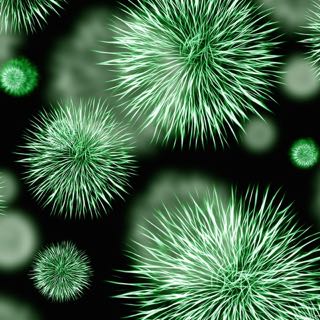
Project
Big Question: How do pathogens emerge?

Principal Investigators: Howard Shuman, Microbiology; Linda Amaral Zettler, Marine Biological Laboratory
Funding Type: Vision
Focus Area: Complexity
Big Idea: The origins of human infectious diseases are complex and new pathogens continuously emerge and evolve. How microorganisms become pathogens is poorly understood. There are two types of human pathogens; pathogens that co-evolved with humans for extended periods and others, “emerging pathogens”, that are not known to cause disease in people until a particular set of circumstances occurs that results in a newly recognized infectious disease. The current paradigm for understanding how pathogens evolve is based on the “Red Queen” concept of hosts and pathogens constantly adapting to each other’s genetic changes in a molecular arms race of compensatory genetic changes. However, the Red Queen may not be appropriate for explaining emerging and opportunistic infectious diseases. Our early data suggest that the “Stolen Gene Model” - continual horizontal acquisition of genes that are subsequently modified by selection to serve as virulence genes – may present a more accurate picture of pathogen emergence. In this project, we will rigorously examine genomic and transcriptomic data, establish bioinformatics pipelines to better understand this emerging model and the nature of the selective pressures that account for the acquisition and maintenance of these “stolen” eukaryotic genes.
Check out other funded projects